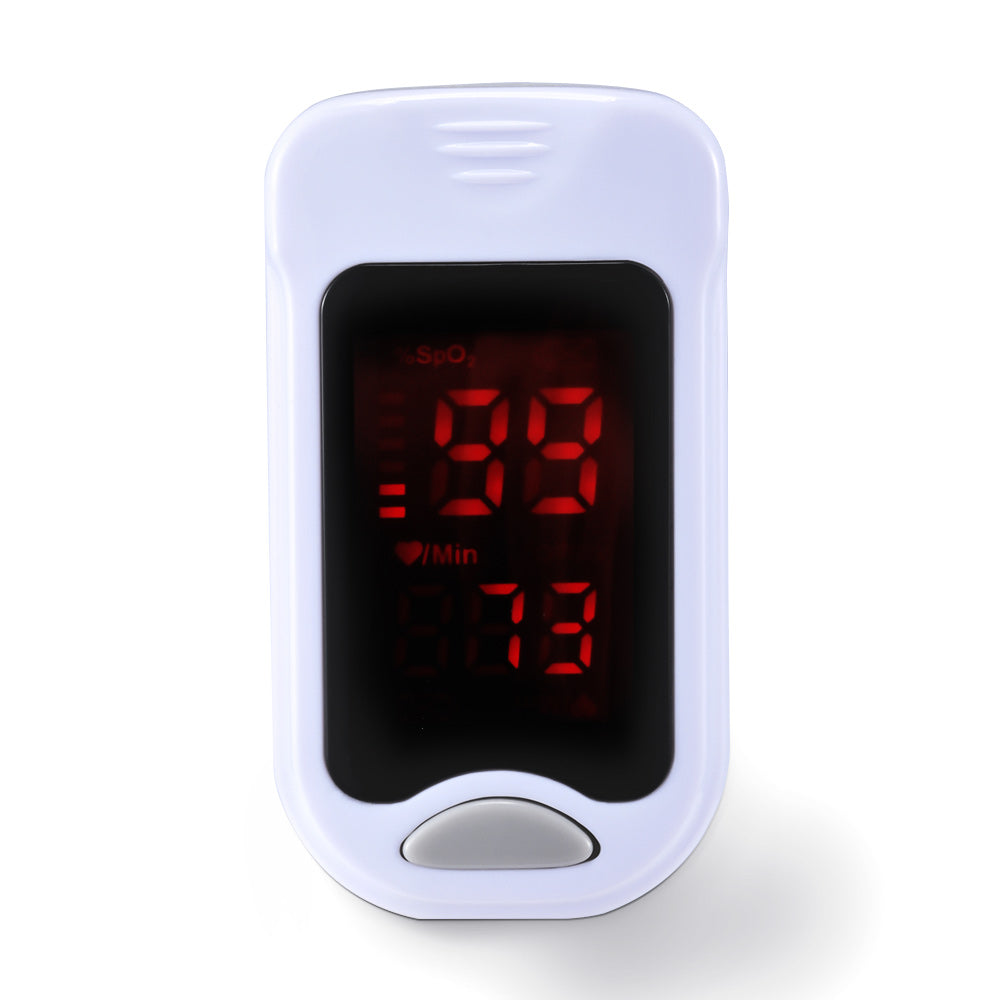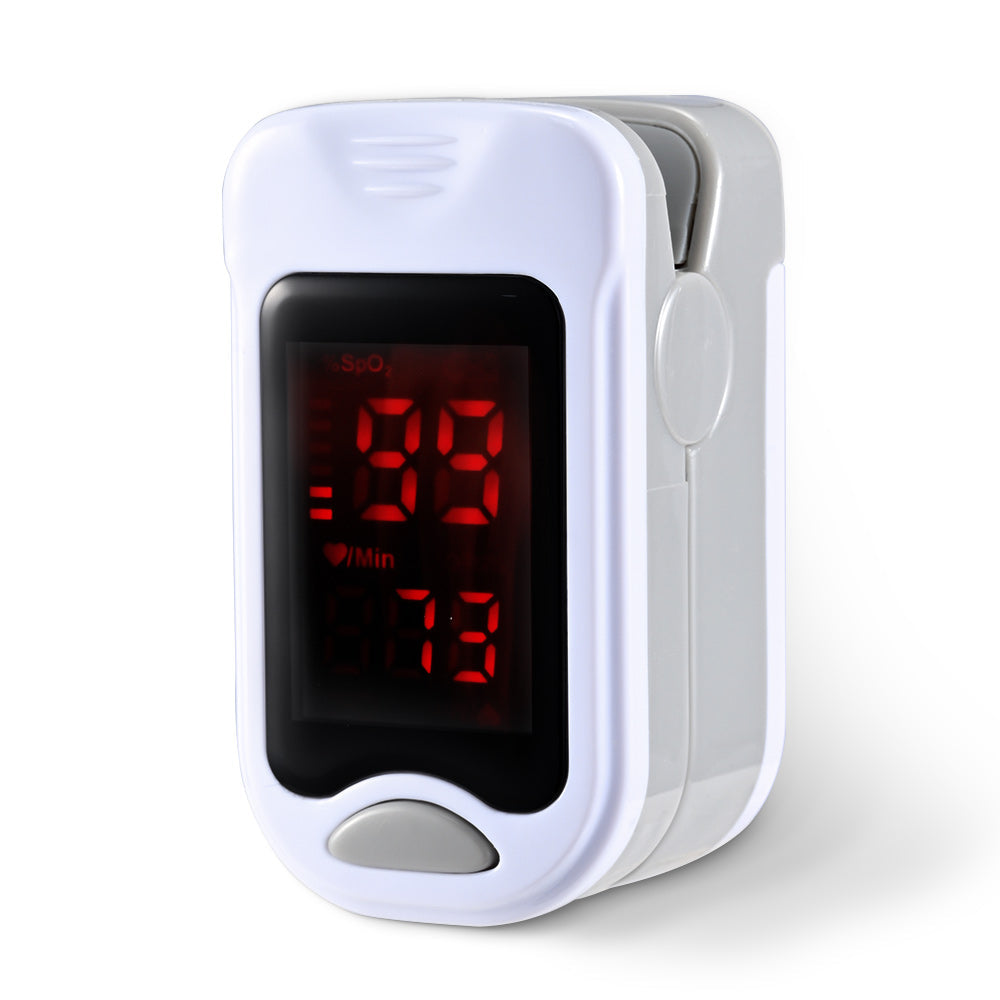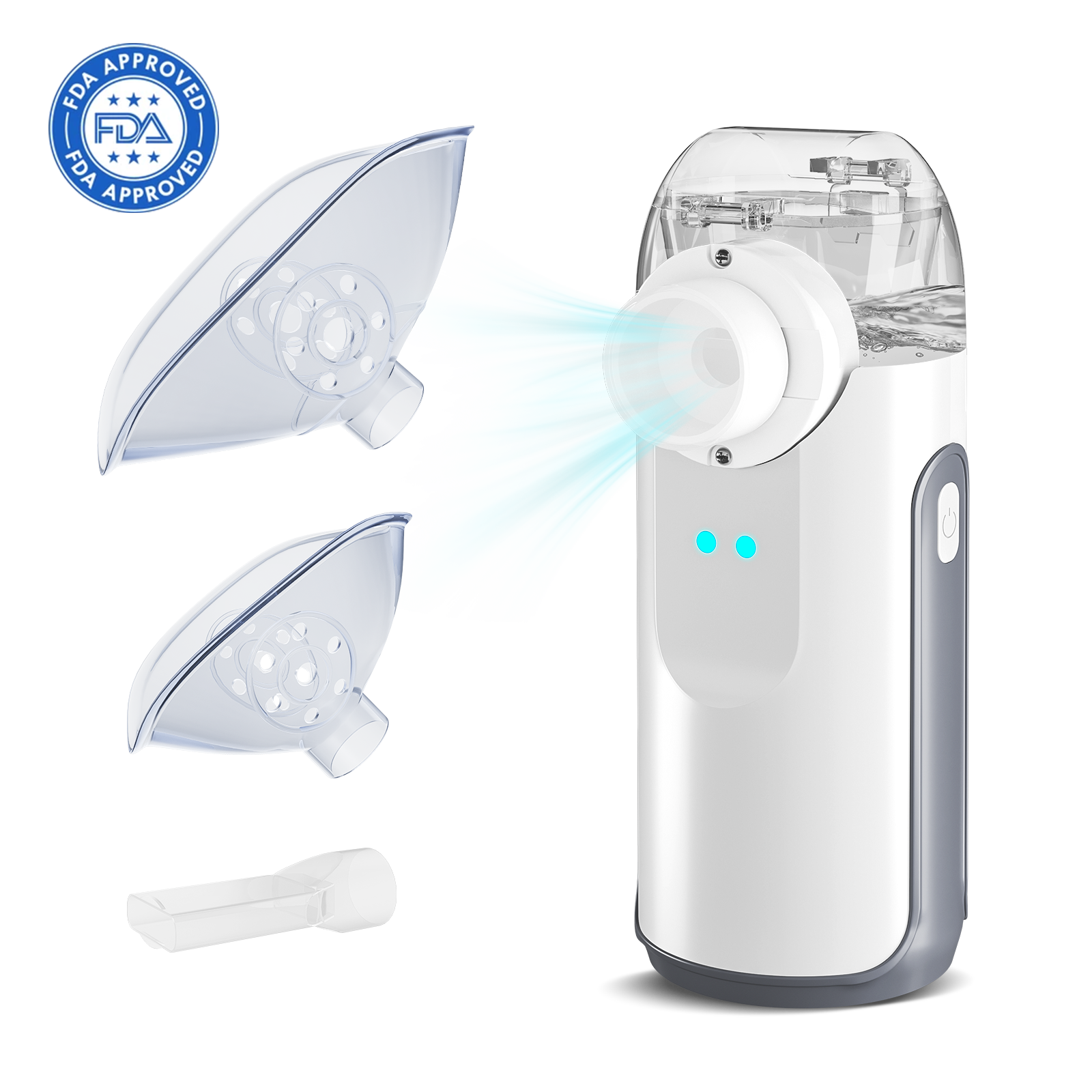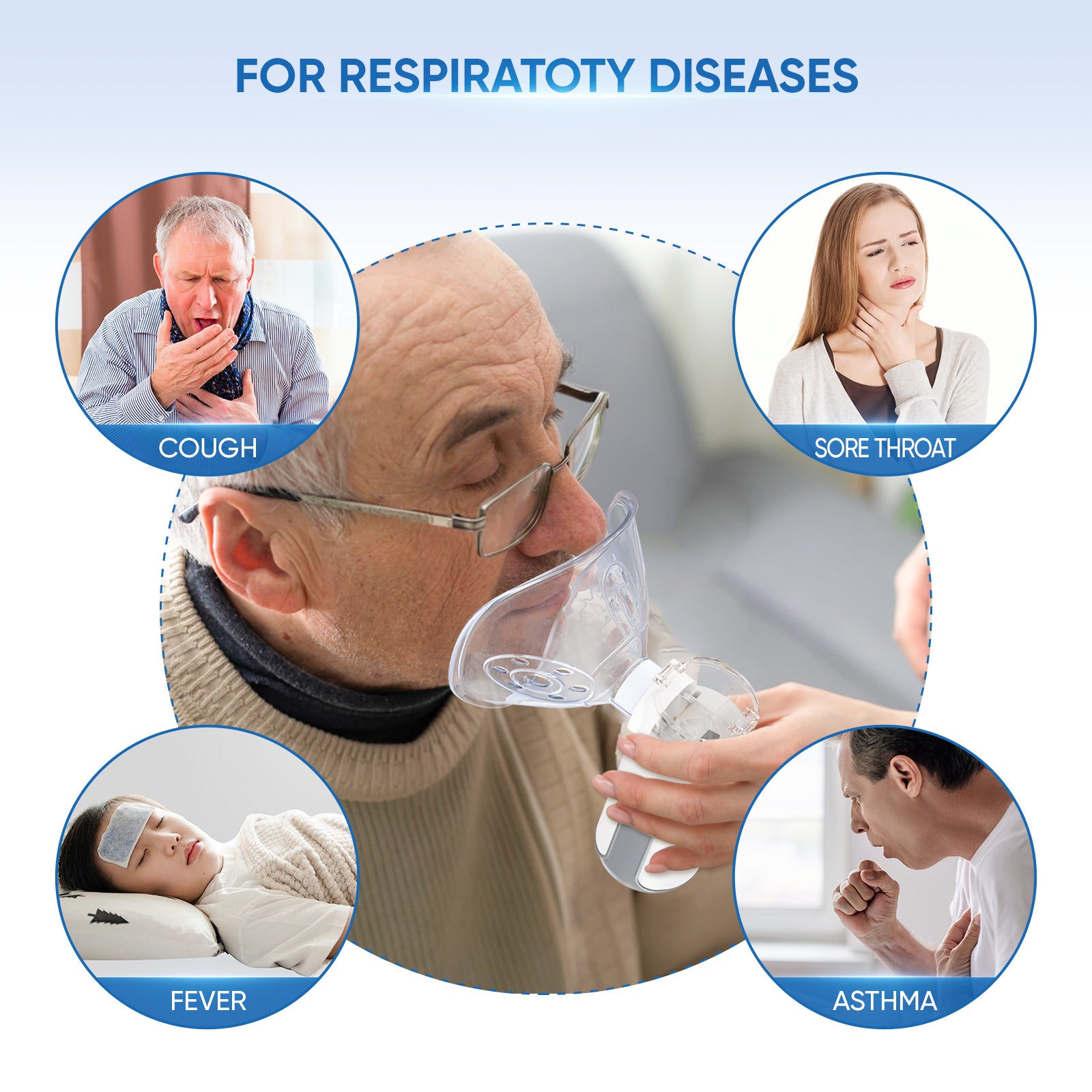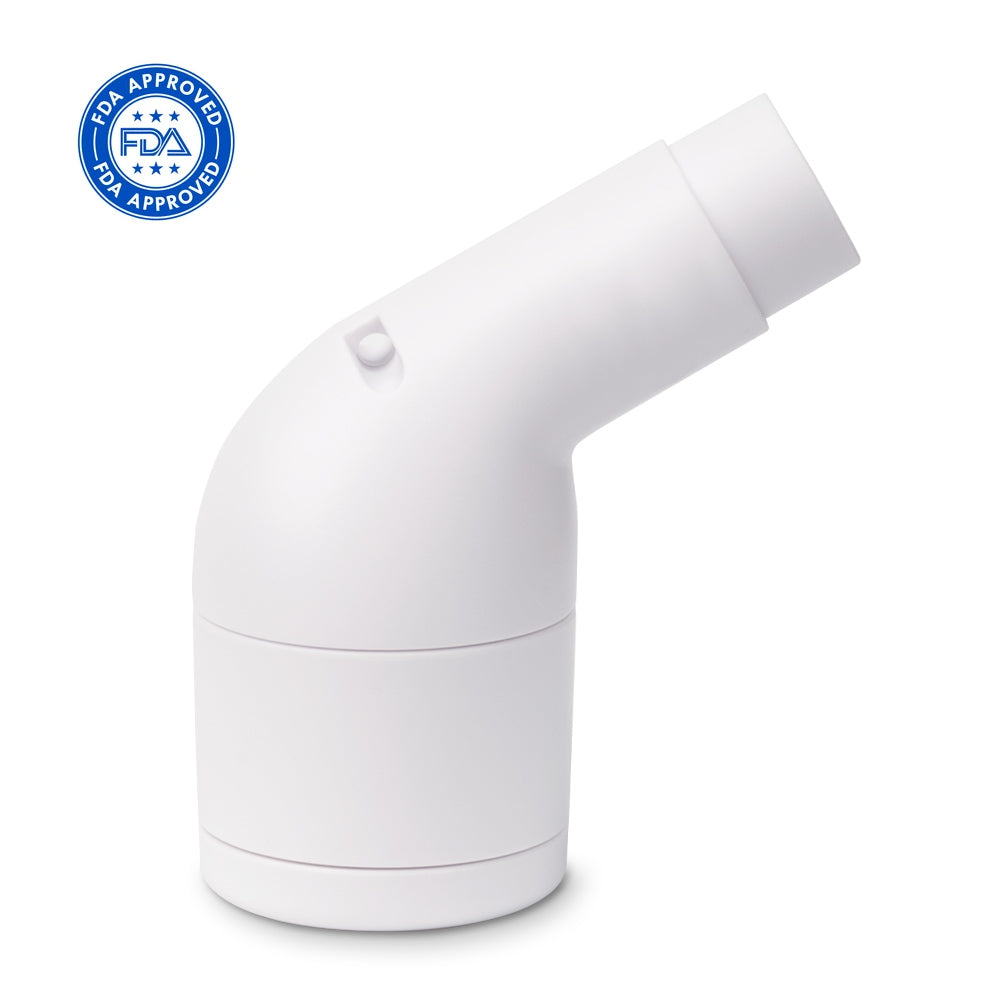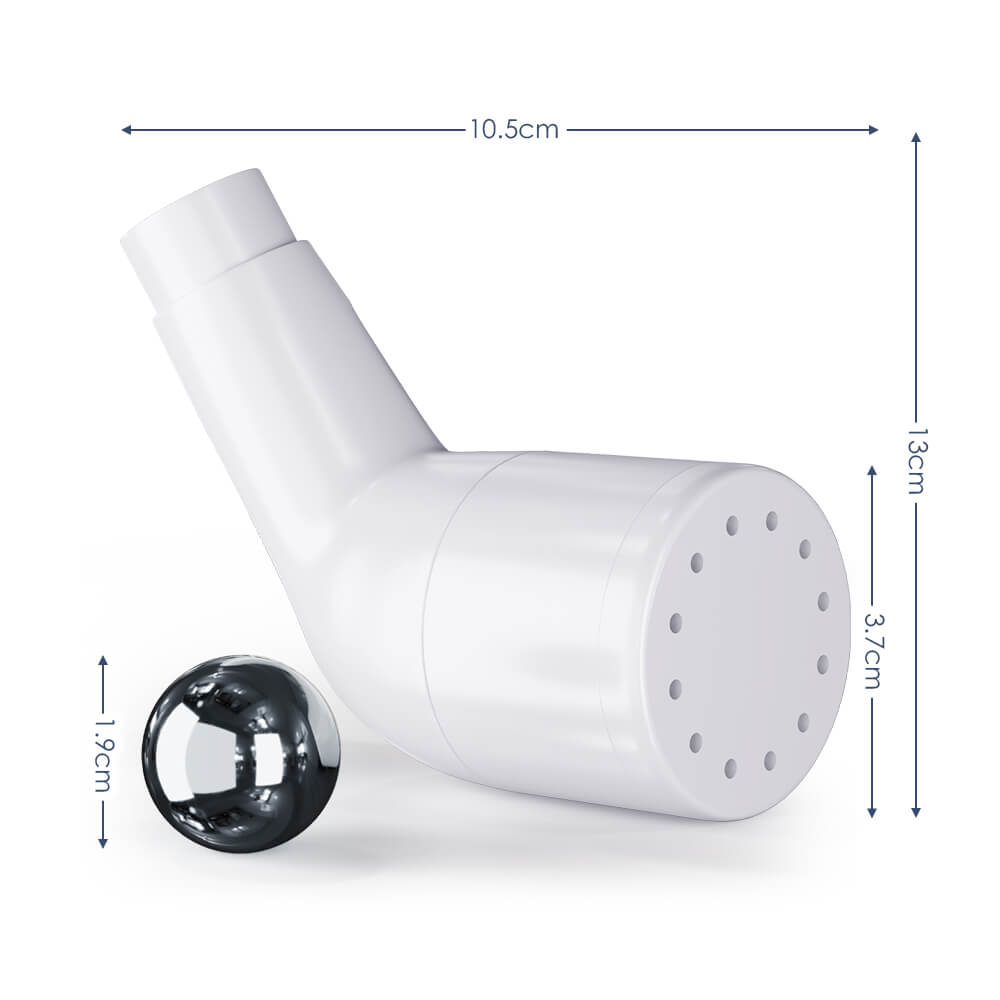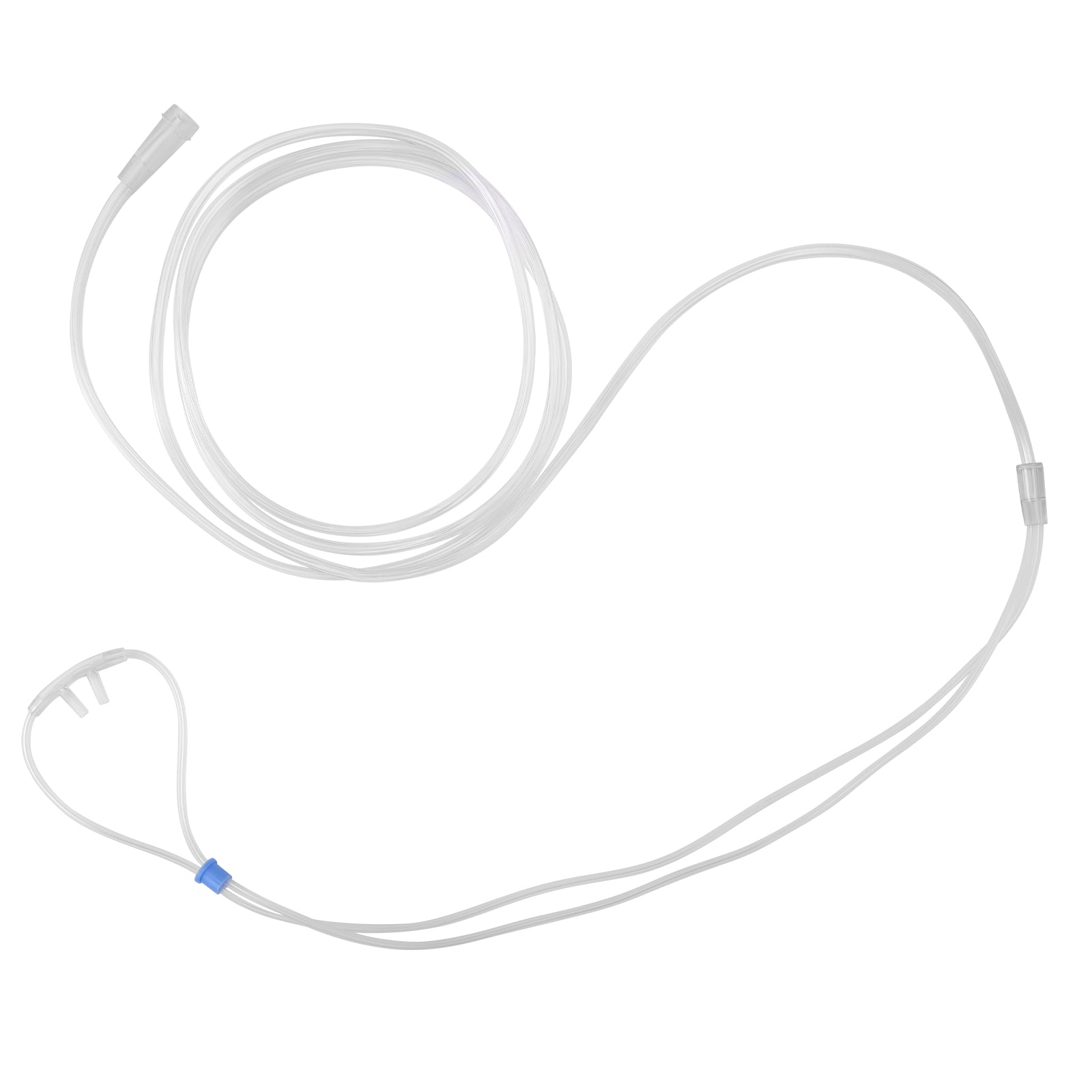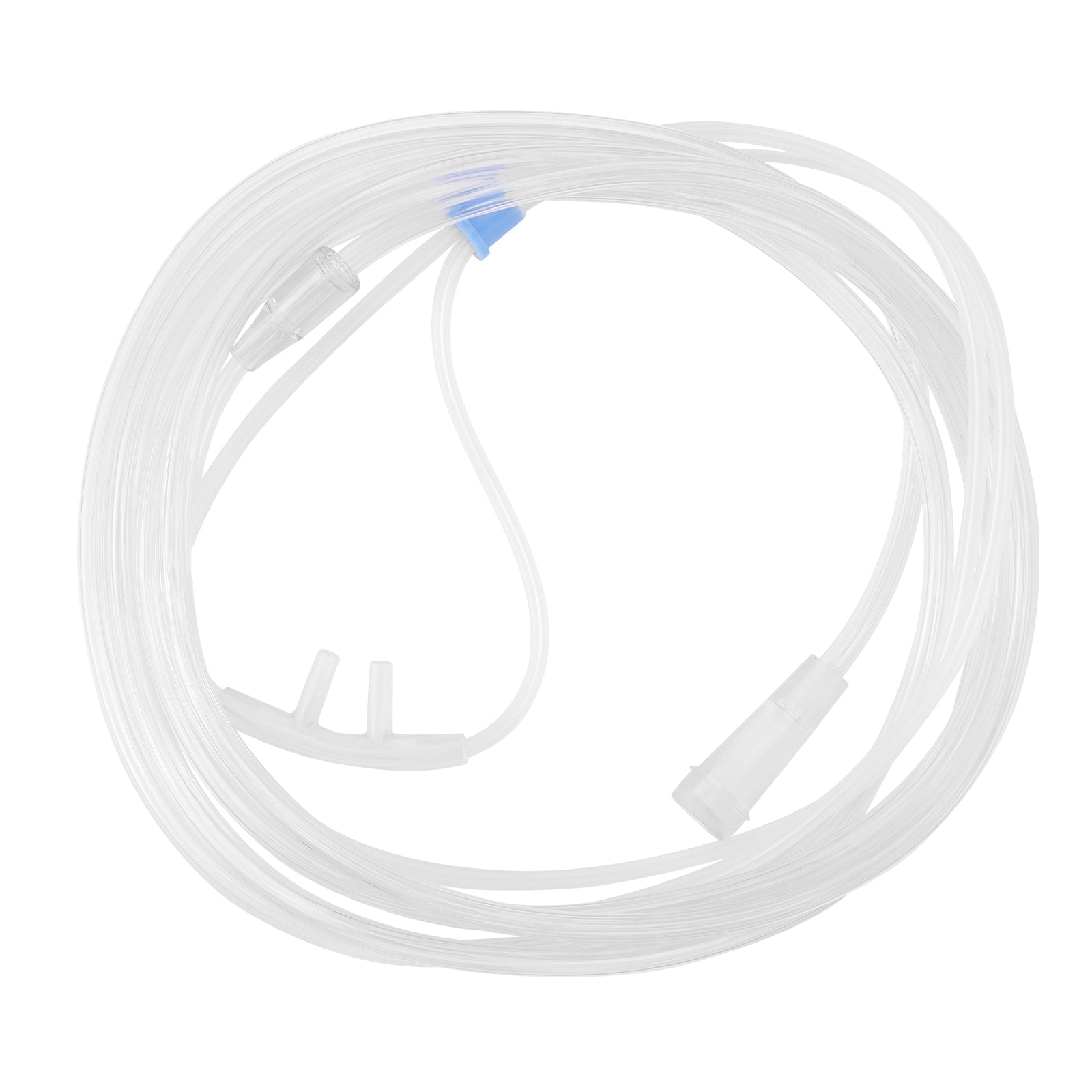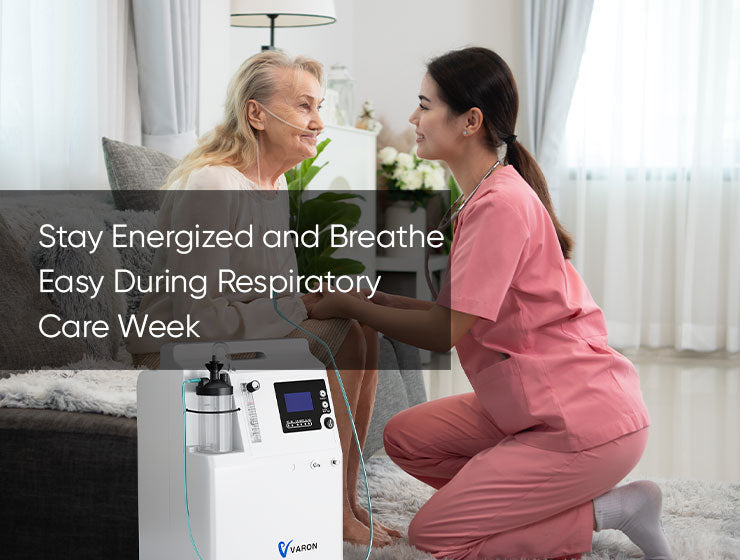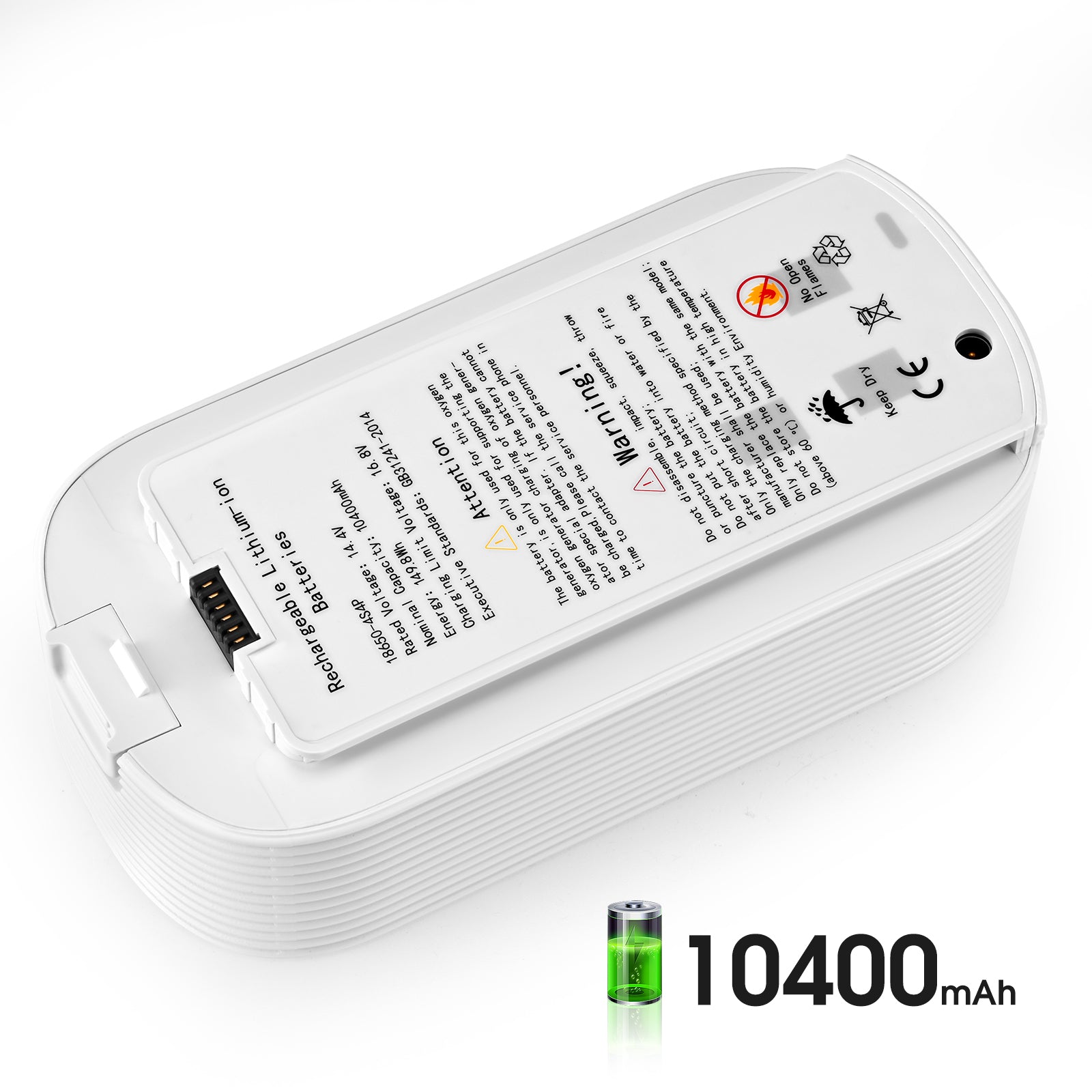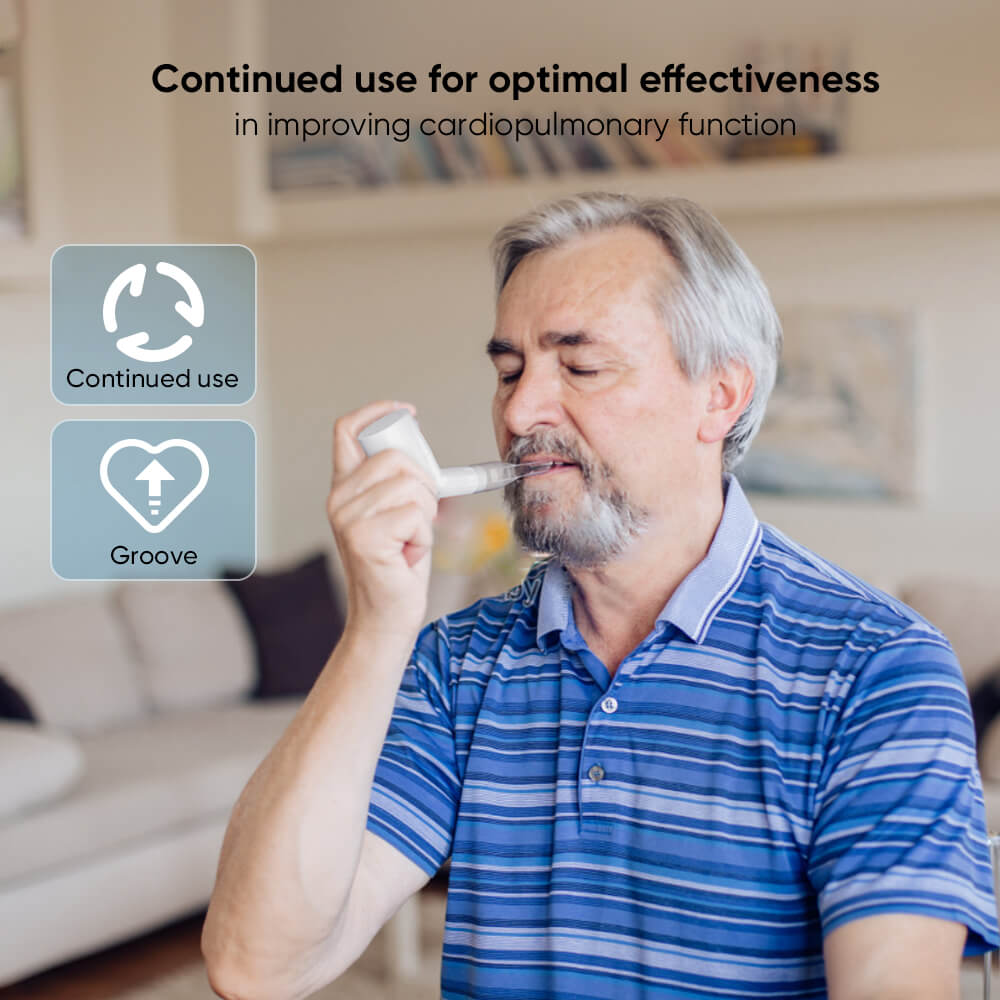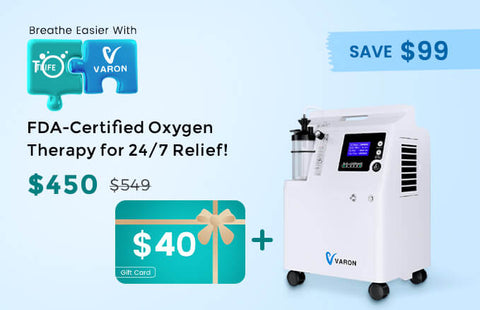Maintaining good nutrition is important for everyone. This is especially important if you have been diagnosed with COPD. COPD is a group of diseases, including emphysema and chronic bronchitis, that cause airflow obstruction and breathing-related problems.
How does COPD affect your diet?
If you have COPD, breathing can take a lot of energy. A side effect of COPD is a reduced ability to exhale carbon dioxide. The metabolism of certain foods (like healthy fats) produces less carbon dioxide than the metabolism of other foods (like carbohydrates).
For this reason, fueling your body with a low-carb diet and one that consists of healthy fats rather than unhealthy fats can help you breathe easier. But it's not just about eating fewer carbs and healthier fats. The type of food you eat matters. You should stick to nutritional choices that don't cause bloating -- another problem that can make breathing more difficult.
It's not complicated to maintain a COPD-friendly diet to help you breathe better.
Choose The Correct Food/Drinks For COPD
- Choose the correct type of fat.
When eating a high-fat diet, choose nutrient-dense options. Avocados, nuts, seeds, coconut oil, olive oil, fatty fish, and cheese are good choices.
- Choose complex carbohydrates.
Eating a high-fat, low-carb diet doesn't mean avoiding all carbs—it means choosing the right carbs. Choose fiber-rich complex carbohydrates to help your digestive system. This includes the bran, lentils, quinoa, oats, potatoes (with their skins), and barley.
- Choose the right fruits and vegetables.
Choose a colorful diet rich in nutrient-dense fruits and vegetables. Eat more digestible fruits and vegetables that don't cause bloating -- leafy greens, cucumbers, bell peppers, carrots, berries, pineapples, and grapes.
- Sip drinks that hydrate and thin out mucus
water! Drink 6-8 glasses of water a day unless your doctor tells you otherwise. It helps keep mucus thin, which means it's easier to cough up. Want something tastier? Try adding fresh fruit to the water, or sip herbal or green tea (warm or iced).
Keep In Mind That These Foods Are Not Friendly To COPD Patients.
Avoid fried foods such as French fries, fried chicken, fried fish, and onion rings. When foods are fried, they can become extra greasy and require more effort to digest. The resulting bloating can make it difficult to breathe fully.
Simple carbohydrates usually have little nutritional value. Check labels and avoid foods containing sugar, corn syrup, high fructose corn syrup, glucose, fructose, and sucrose. This includes many processed foods, such as packaged snacks and cereals, white bread, and pasta.
Fruits and vegetables have excellent nutritional value. However, some may give people with COPD indigestion and bloating, making breathing more difficult. Pay attention to how you feel when you eat the following fruits and vegetables:
Apples, apricots, peaches, and melons
Cauliflower, broccoli, radishes, Brussels sprouts, cabbage, and kale
Some people with COPD may experience worsening symptoms after drinking alcoholic or caffeinated beverages. It's best to limit your consumption of these and drink as much water as possible.
Alcohol and/or caffeine may interfere with your COPD medication, so be sure to consult your doctor. You should also avoid sugary drinks such as juice and soda.


